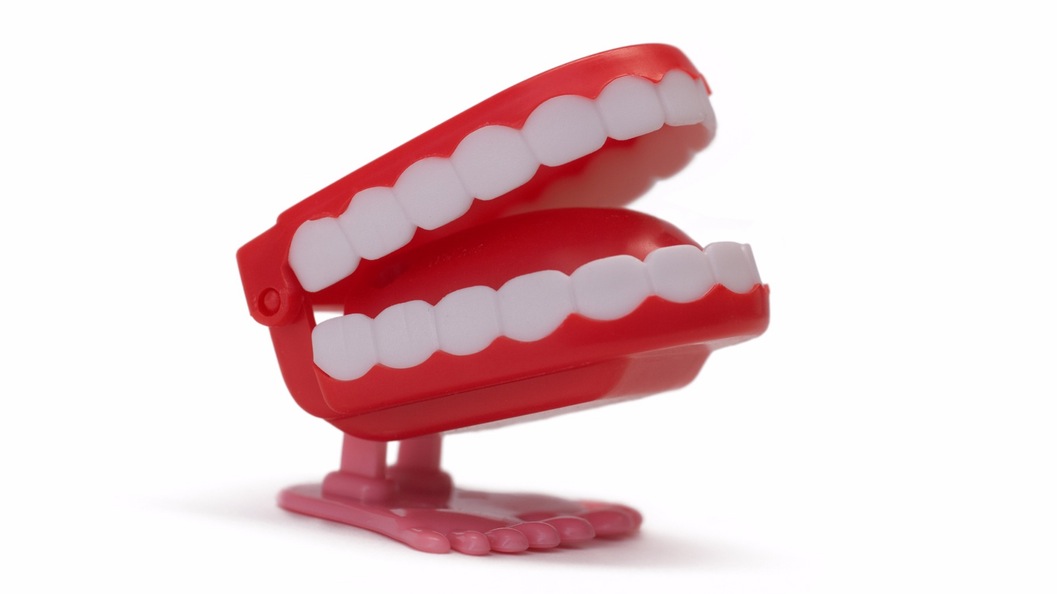Developed by a research team led by Andreas Hermann at the University of Groningen in the Netherlands, 3D-printed replacement teeth can destroy 99 percent of bacteria they come in contact with inside your mouth.

The team combined antibacterial ammonium salts with standard dental resins in order to manufacture the dental implants and braces capable of destroying bacteria using an antimicrobial resin. Next, they applied an ultraviolet light to their experiment, creating a mixture of a semi-hardened substance that could be melted and extruded through the nozzle of a 3D printed to produce samples of the replacement teeth. The positive charge of the ammonium salts gives the resin its bacteria destroying capabilities by disrupting negatively charged bacterial membranes, causing them to erupt and die.
To test the antibacterial properties of the resin, the researchers applied a mixture of saliva and Streptococcus mutans (tooth decay-causing bacteria) onto samples of the replacement teeth. They found that the material was favorable in destroying 99 percent of the bacteria on the sample. According to Hermann, the material kills bacteria it comes in contact with, but is not harmful to human cells.
Aside from the dental benefits, the team also believes the material may be suitable for orthopedic and non-medical applications, such as purifying water and packaging food and children’s toys.
But it’s not all grins. While the 3D-printed teeth can prevent oral infections such as endocarditis, they could also wipe out beneficial bacteria that protect an individual from harmful pathogens, suggests Nicholas Staropoli, a research associate for the American Council on Science and Health.
Currently, the material is still a prototype and will have to undergo further testing before human trials can be conducted. The researcher paper published in the journal Advanced Functional Materials can be found here.
Via Gizmag
Advertisement
Learn more about Electronic Products Magazine





